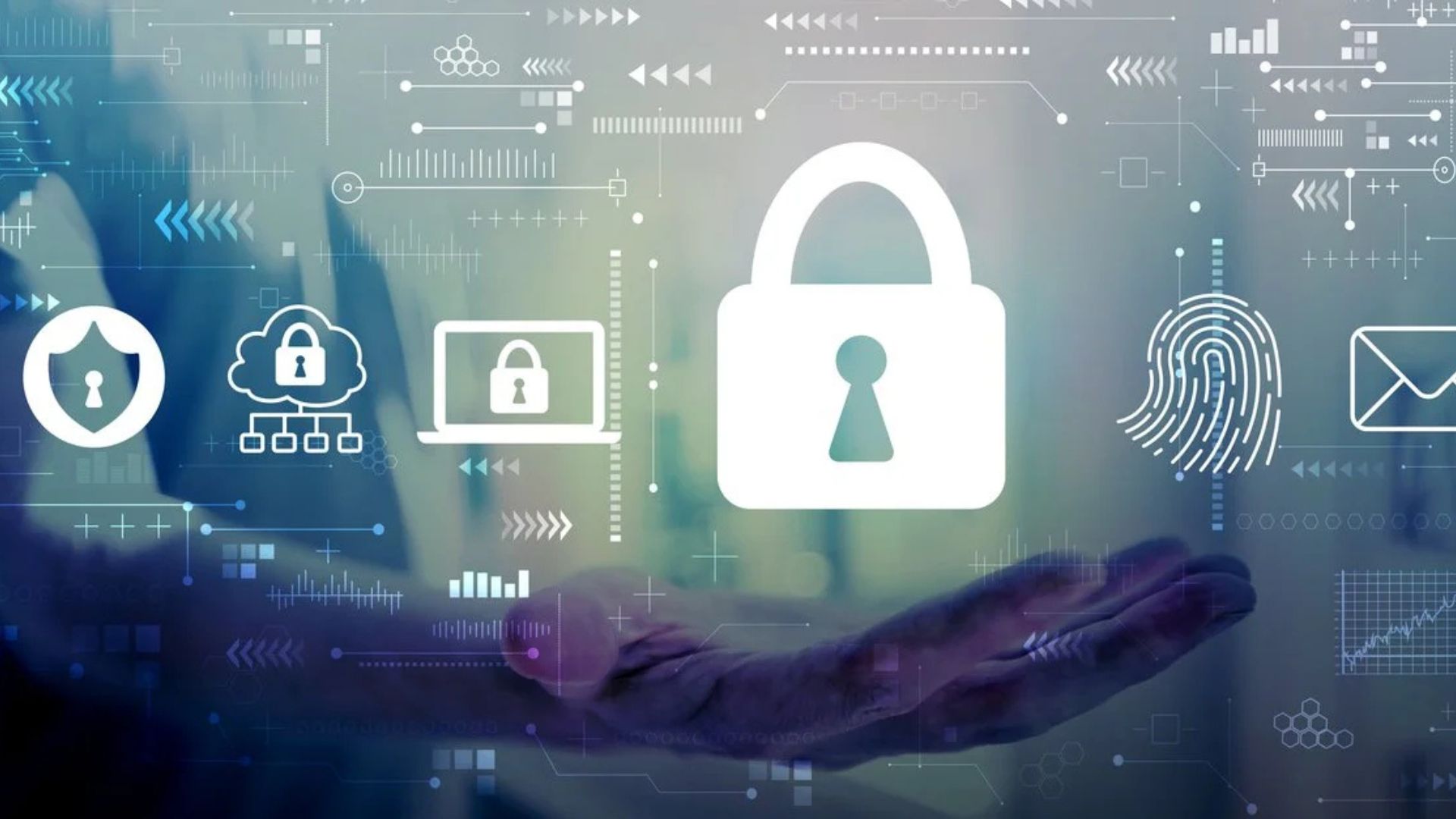In today’s digital world, where technology touches nearly every aspect of our lives, cyber hygiene has emerged as a critical area of focus. With the rapid pace of digitalization and the rise of Internet penetration in India, there is a growing need for awareness and education on cybersecurity practices to ensure a safe and secure cyberspace. Higher educational institutions (HEIs) have a pivotal role in nurturing this essential knowledge, particularly given their responsibility to shape future generations and equip them with skills to thrive in a technology-driven world. As custodians of knowledge, HEIs in India are uniquely positioned to drive the culture of cyber hygiene and promote responsible digital behavior among students and the broader community. “Cyber Hygiene” refers to the practices and steps individuals and institutions take to maintain the health and security of devices, networks, and data in the digital space. Just as personal hygiene helps prevent the spread of diseases, cyber hygiene helps prevent cyber threats like malware, phishing attacks, and data breaches. Unfortunately, India’s rapid digital transformation has outpaced the adoption of robust cybersecurity practices, leaving individuals and organizations vulnerable. This is where HEIs can intervene, bridging the gap between digital advancement and cybersecurity awareness. By imparting education on cyber hygiene, universities and colleges can instill a proactive approach to online safety among students, which is essential for their personal and professional lives. One of the primary ways that HEIs can contribute to cyber hygiene is by integrating cybersecurity as a fundamental component of their curriculum. Currently, while some universities offer specialized courses in cybersecurity, there is a need to make basic cyber hygiene practices a mandatory part of all academic programs. This would ensure that all students, irrespective of their academic backgrounds, acquire basic knowledge of cyber threats, safe online practices, and data privacy. Integrating cyber hygiene into general courses can include the importance of strong passwords, recognizing phishing attempts, safeguarding personal information, and understanding data protection rights. Such education is especially relevant in India, where the demographic is predominantly young, and many are first-time Internet users. By making cyber hygiene an essential component of the education system, HEIs can play a major role in making India’s digital space safer.
In addition to curricular changes, HEIs can foster an environment that emphasizes the importance of cybersecurity through regular workshops, seminars, and awareness campaigns. Collaborations with industry experts, government agencies, and cybersecurity professionals can provide students with valuable insights into real-world cyber threats and the best practices for countering them. Initiatives such as “Cybersecurity Awareness Month” or periodic cybersecurity drills could be instrumental in reinforcing the importance of cyber hygiene among students and faculty. Such events also provide opportunities for students to stay updated with the latest trends and threats in the cybersecurity landscape, an area where technology evolves rapidly and where new challenges arise constantly. Moreover, HEIs can contribute to cyber hygiene by setting up dedicated cybersecurity research and development centers. These centers can focus on innovating new solutions, conducting research on emerging cyber threats, and developing tools for safeguarding digital assets. Research centers could also act as hubs for collaboration between students, faculty, and the private sector, creating a vibrant ecosystem of cybersecurity research and practical learning. With India’s talent pool in information technology, a stronger focus on cybersecurity research could position the country as a leader in digital security solutions and contribute to national security efforts. These centers can also encourage students to participate in cybersecurity competitions and hackathons, which not only sharpen their skills but also foster a sense of responsibility toward creating a safer digital world.
In fostering cyber hygiene, HEIs must also focus on building a culture of ethical digital behavior. Students need to understand that being responsible digital citizens goes beyond protecting their own devices and data; it extends to respecting the privacy and data of others. Universities should promote ethics in digital usage by emphasizing the responsible sharing of information, awareness of digital rights and responsibilities, and understanding the consequences of unethical online behavior. This can be done by incorporating case studies into the curriculum that highlight the impacts of irresponsible cyber behavior, thereby promoting a sense of accountability and integrity among students. HEIs, as centers of moral and intellectual development, have a unique opportunity to mold students into ethical digital citizens who value and practice cyber hygiene as a shared social responsibility. Furthermore, with increasing cases of cybercrime in India, there is an urgent need for HEIs to educate students on the legal aspects of cybersecurity. Awareness of laws such as the Information Technology Act of 2000, the Data Protection Bill, and other cybersecurity regulations is essential. By introducing legal studies on cybersecurity, HEIs can equip students with a comprehensive understanding of their rights and responsibilities under Indian law. This will enable them to make informed decisions and contribute to the country’s efforts to combat cybercrime. Educated in both technical and legal aspects of cybersecurity, students can serve as informed advocates for cyber hygiene in their communities and workplaces.
HEIs store large volumes of sensitive data, including student records, research data, and financial information, which makes them attractive targets for cyberattacks. By setting an example, HEIs can reinforce the importance of cybersecurity within the institution, demonstrating to students that cyber hygiene is not just theoretical knowledge but a necessary practice in today’s digital landscape. In conclusion, UGC’s recent release of the handbook is surely an effective step towards building a cyber-resilient India. By incorporating cybersecurity into the curriculum, organizing awareness campaigns, setting up research centers, fostering a culture of ethical digital behavior, and collaborating with government bodies. HEIs must take proactive steps to prepare students not only as skilled professionals but also as responsible digital citizens who prioritize cybersecurity. In a rapidly digitalizing world, instilling a culture of cyber hygiene is not just an educational responsibility but a social imperative, crucial for safeguarding India’s digital future.
Dr. Deevanshu Shrivastava, Associate Dean, School of Law, GD Goenka University, Gurugram.







